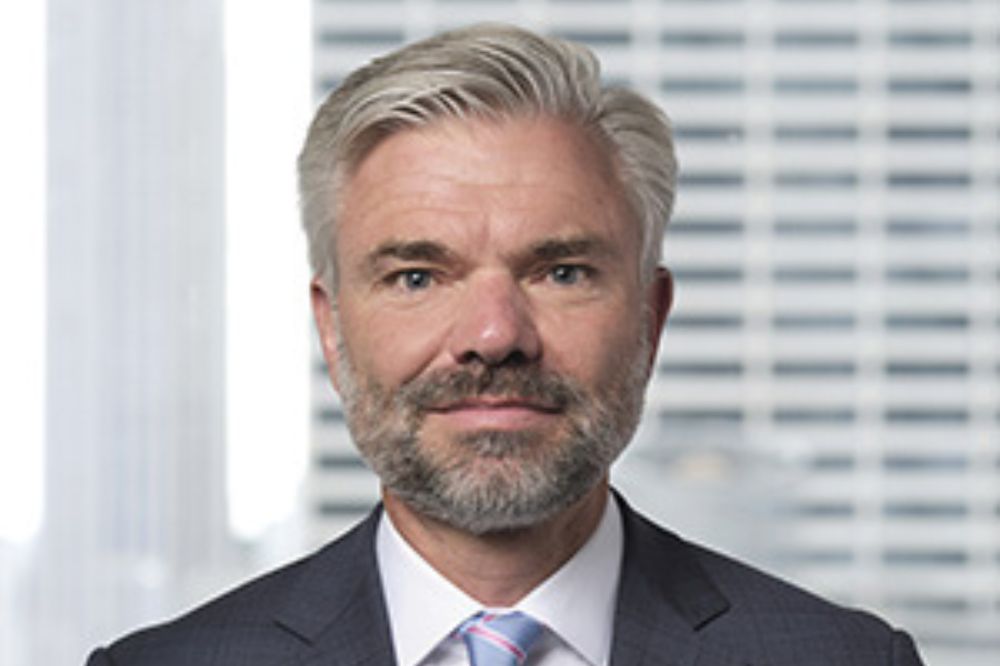Captives could have a “big future” within clean tech

“That’s coming pretty quickly, and the reason I say that is because some of these risks are so inherently large – flood in Florida, wind in Florida, or solar and wind farms where hail has had huge impact on the physical property of those two industries – it’s almost too big for the private sector to absorb initially.”
In September, New York unveiled a $6.5 million initiative focused on developing insurance products to promote the adoption of clean technologies, with funding for the program coming from its $5.3 billion Clean Energy Fund.
In Canfield’s Ethos unit, the specialty underwriter is developing cover for carbon capture hydrogen electrolyzers, a recent technology it is hoped will aid in the green energy transition.
Read more: Carbon limiting tech creates new opportunities for insurers
One big challenge facing the insurance industry is a lack of historical data around new forms of clean tech. Greater public and private co-operation could be the solution to this data problem, in Canfield’s view.
“Underwriters are always looking for five to 10 years of loss history, but in these segments, there is none and so one of the major challenges we have as an underwriter is appropriately pricing the risks that are new,” he said.
“That can be done in large part if we had cooperation between a state captive with federal or state funds and the private industry working together to establish those actuarial tables.”
As loss history develops, Canfield suggested that around the 10-year mark, “the government can sort of step away and let us as the private sector take over the underwriting.”
“It’s just a good way to smooth out the volatility of a new industry, so I think captives have a big future within clean tech,” Canfield said.
The state would likely “largely control” the data in such a scenario, Canfield said, with this being disseminated to private entities – like insurers – for future use.
“We don’t have enough alone, either as a company or as an industry,” Canfield said. “You need government assistance to collect the data and share that.”
Ethos’ focus has been on start-up companies that are often in the research and development stage. They might have a technology, but many may not yet be manufacturing a product.
“Oftentimes, too often, what we do is highlight what we don’t do: we won’t insure carbon, we won’t insure coal, we won’t insure nuclear, and that that’s a way of hastening the evolution,” Canfield said of the approach.
“But to me, we needed to do a better job of affirmatively doing something to ease the transition, so rather than not doing things, we launched a program where we’re actually helping to facilitate that evolution by supporting small entrepreneurial companies who have these technologies that are unproven and that the market is not addressing.”
Read more: Have climate protests against insurers gone too far?
In terms of coverage requirements, these young businesses typically need coverage for their premises, which is likely to include a lab – “that’s pretty easy to get coverage for,” Canfield said.
Specialty underwriting “really comes into play” once businesses start selling a product. “You have a much higher exposure for a product that could do damage to person or property,” Canfield said. “At that point, that’s when they really struggle to find coverage.”
In its bid to provide coverage to these businesses, Ethos has recruited engineers to join its underwriting team. These individuals have a greater and more embedded understanding of the new technologies and exposures than a typical underwriting “generalist” might.
“To me, the challenge is when they’re selling product, when they are deploying property in areas that haven’t been exposed to different things – sun, wind, water – and there’s no actuarial data, you need to have a technical understanding of it before you can underwrite it,” Canfield said.
Hires have included Ethos VP, clean tech Jimmy Conroy, who joined from Aegis’ renewable energy underwriting division, and clean tech underwriter Adam Bitar, a mechanical engineer by degree who has been working in the renewables sector.
“The challenge then is to … marry [the knowledge of] those two up – technical understanding and underwriting,” Canfield said. “That’s our secret sauce.”





